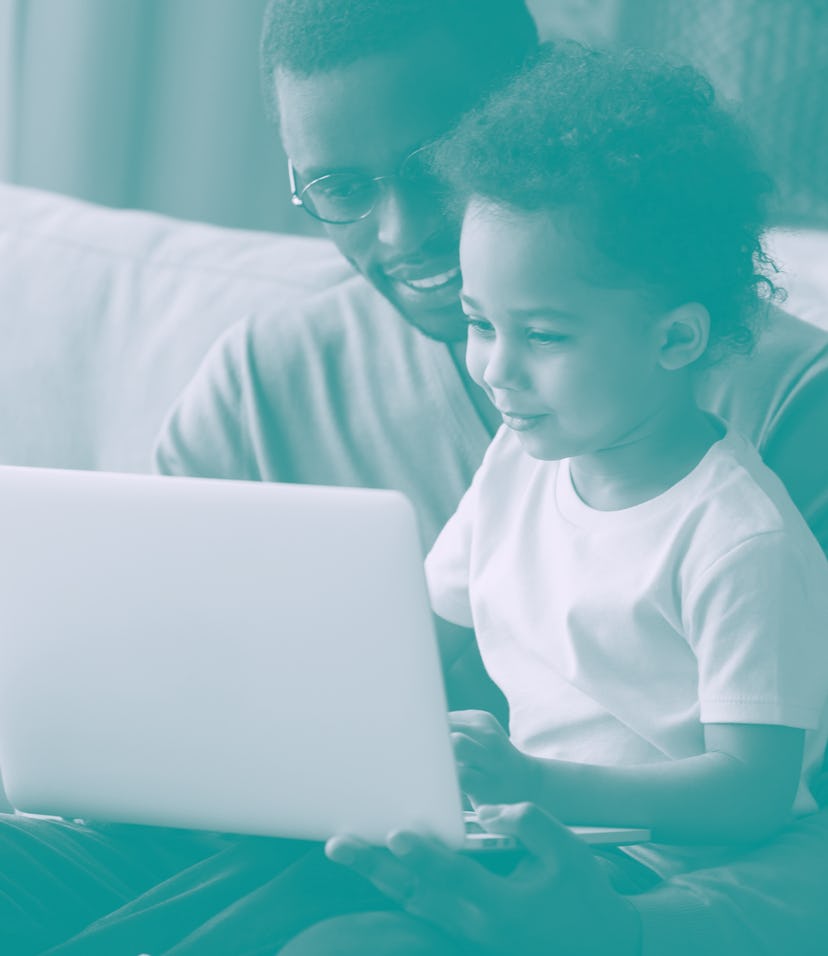Dislike
Facebook enhances Messenger for kids but you should still avoid it
Messenger for children is still very much a part of Facebook. Naturally, it adheres to its troublesome policies.

Parenting in the age of COVID-19 has highlighted a problem for many households: the loneliness that comes with social distancing. Children, just like adults, thrive on human interaction and aren't immune to the stress and boredom lockdown brings. Now major tech companies are trying to boost their user numbers by offering supposedly family-friendly solutions during these times. Think of virtual playdates on Zoom, storytelling on Caribu, or recorded greetings on Marco Polo.
To this end, Facebook has announced that it will expand its Messenger for children service and launch it in over 70 new countries on Wednesday. The company calls it a "fun, parent-controlled space" for the young ones and notes that the platform is shaped by Facebook's Youth Advisors. It sounds endearing in theory — children get to talk to their friends under their parents' guidance and beat coronavirus blues. But in practice, Messenger for kids is still very much part of Facebook and consequently, poses the same risks the adult version does.
What's special about Messenger for kids? — The previous iteration of Facebook Messenger for kids gave all of the power to parents, especially when it came to selecting their kids' friends. In this newer iteration, parents can let their kids choose contacts on their own by enabling the feature in the supervision settings of the app. As a parent, you'll still be in the loop as you get a notification anytime your kid performs a friend-related action. You also have the power to override the move if you have safety concerns.
The platform will allow kids to connect through groups as well. Facebook calls this an amalgam of educational content as well as social emotional support for children isolating with their families due to COVID-19.
You should still avoid this — The problem isn't with children having more access and autonomy when it comes to chatting with their friends. The problem is with Facebook's policies.
In its official announcement, the company doesn't make a single mention of its ad targeting or personal information collection policies. It wouldn't be hyperbolic to assume then that Messenger for kids, much like Messenger for adults, follows the platform's policy to profit through aggressive ads. Naturally, children's interest groups and advocates are already against it.
If Facebook truly wants children to have a happy and healthy time under the coronavirus, it should open itself to third-party app creators and independent developers that don't follow the company's concept of online communication based on personal data aggregation and manipulation. Otherwise, this is just another attempt to boost network traffic... and to get children ready for full-blown Facebook when they're older.